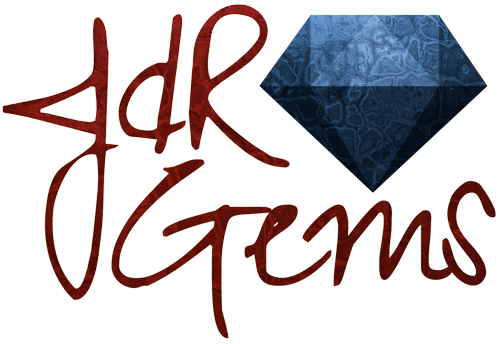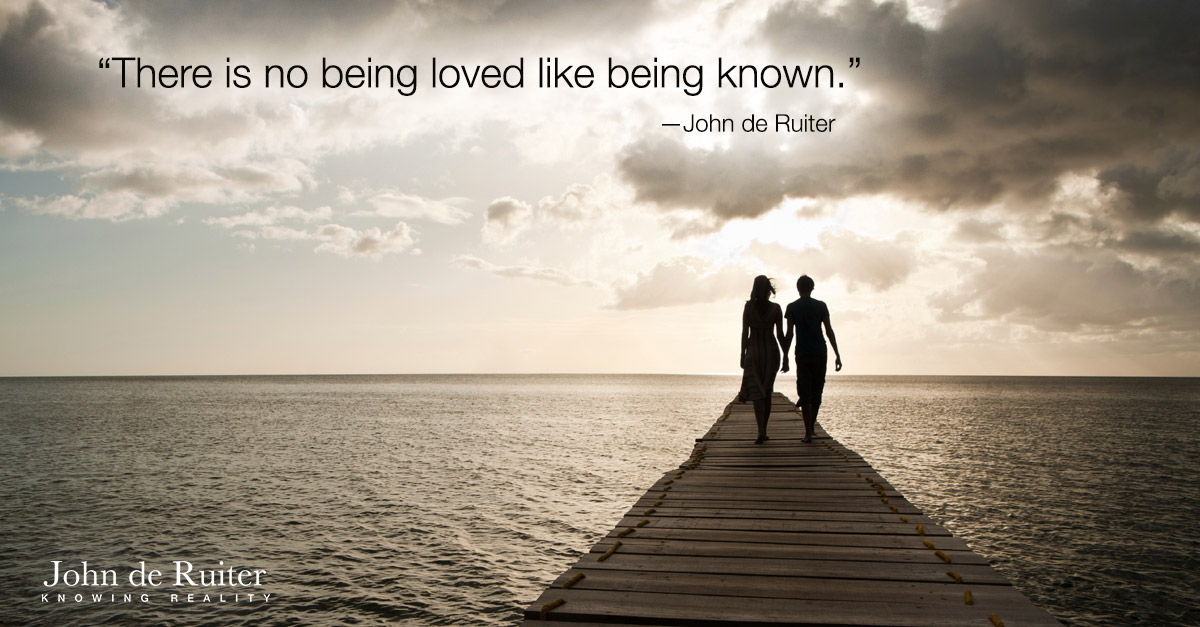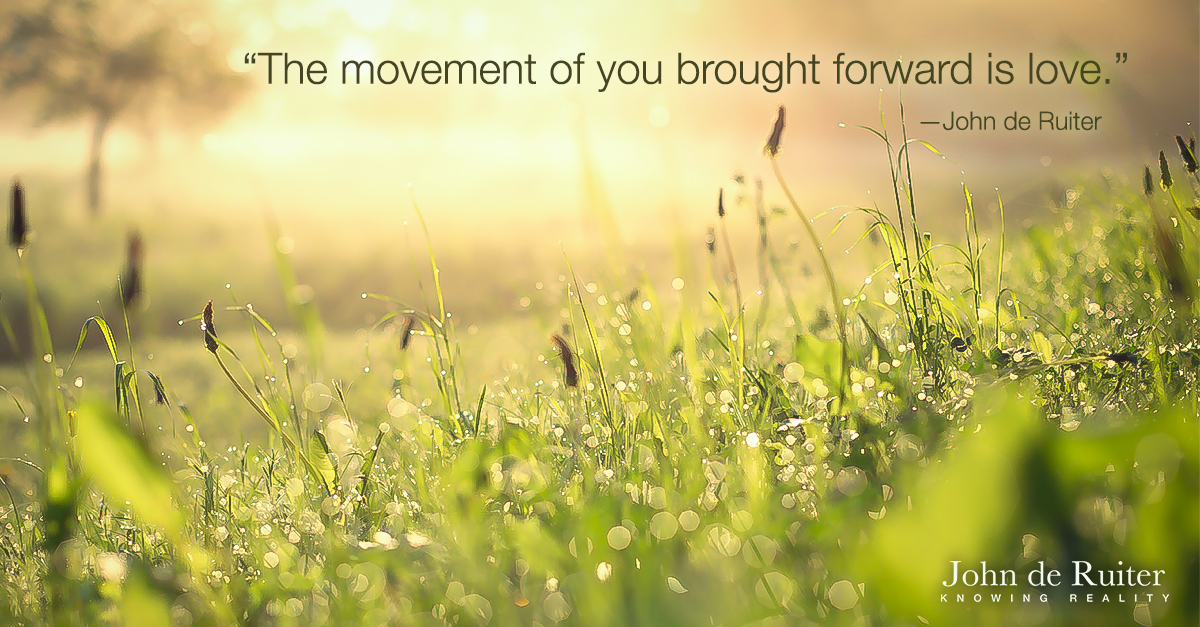Q: Hi John. My question is, does emotion exist in being or is it a construct of self?
John: It doesn’t exist in being. It’s a dense form that offers you more form. Positive emotion very easily has heart in it. Negative emotion has only the experience of your unintegrated self. It has no heart in it. When you experience the separating power of negative emotion, that can turn you against all of your emotion, but as soon as you return to your heart, there’s going to be an expression of that in your self, and the expression of that is going to come through positive emotion. You’ll easily move in that because you’re being your heart in that. But to move into positive emotion also makes you vulnerable to the power of emotion, and as soon as something crosses you in your self, that power flips to a negative emotion, which is an unintegrated power in your self, that isn’t really you.
Q: If emotion isn’t part of being, then should one recognize it and acknowledge it?
John: You can recognize it and acknowledge it, but that won’t help you integrate it. It is yours to integrate. It is a form of yours that isn’t like you are, but is able to be just like you are.
Q: But doesn’t it exist to be integrated?
John: It exists to be integrated by virtue of you being in it. You can’t integrate it by acknowledging it. You integrate it by being what you really are in it. You have an example and it is your own being. Your own being is form of you, and you’re also in your self. Your self is form, your form, but it’s not form of real you. It’s like a raw material. You integrate it by being just like your own being, in the midst of that form. That both acknowledges it and draws it into you.
Q: But it seems as though, if emotion itself isn’t actually worthy of acknowledgement, I mean, what’s its requirement?
John: It’s not worthy of acknowledgement on the terms of how you experience it. It’s worthy of acknowledgement on your terms. Which means you being what you really are, in the midst of it. And you being a form, form of yours, that is accurate to you, which means you being your own being, in the midst of it.
Emotion isn’t wrong or bad. It just doesn’t reflect you. But if you’re being what you really are, in the midst of emotion, there’s available form there that is changeable. It offers you more form than the form of your own being. You can speedily increase your real form by being what you really are in the midst of form given to you that isn’t yet like you are. You naturally assimilate it and it naturally changes to you.
Q: Do your responses to us have anything to do with an emotional intelligence?
John: In as much as it does on the surface use the same face. The face reveals emotion. But, in its delicateness, it reveals your heart. It’s made for your being, but it doesn’t belong to that yet. By you, your face is able to belong to your heart, and in it belonging to your heart, your heart is free to come up into your face. That makes your self in your experience feel vulnerable. If your heart remains in your face in the midst of the feeling of vulnerability, that draws up your being into your face. When you live that way, your face slowly belongs to your being.
When you really meet someone, it isn’t through your emotions that you meet. It’s with your heart that you meet. That can be present in the midst of emotion. When you don’t belong to your own heart, as soon as you have emotion in your self, the emotion will distract you from your heart. So you’ll easily leave your heart. When you leave your heart in the midst of your self, your positive emotion turns into negative emotion, but when you become quieted in what you know, you’re naturally relaxing. As you relax, you return to your heart. The real integration of your emotions is by you being in your heart while you’re in that emotion. That grounds your self in your heart. With that grounding, your self already becomes a little bit just like your heart.


